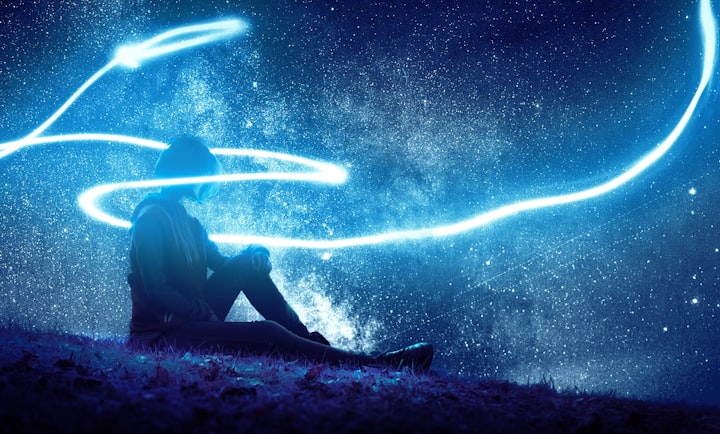
The world of dreams is as amazing as it is enigmatic. Although we do not fully understand the purpose of our dreams, this does not stop our brains from creating alternative realities in which everything seems possible. Or so we think.
For some reason, commonplace objects that we use or actions that we do every day do not seem to exist in the world of dreams, while flying elephants or fighting aliens are the order of … dreams.
We can't see smartphones
According to one study, only about 3.55% of women and 2.69% of men can see smartphones in their dreams. The reason may be that these smartphones and other modern devices have appeared in our lives recently, and our brains are still adjusting to their appearance.
The reason people dream, according to one theory, is that our anxieties and fears can be processed by the brain. This will make it easier for us to cope with stressful situations in our lives. The act of dreaming works just like a kind of defense mechanism, and the things we dream of often come from older parts of the human mind.
Everything we dream of is connected to the problems our ancestors faced, such as fighting or surviving.
But there are still chances to dream of smartphones. According to Alice Robb, author of a book on dreams, people are more likely to see smartphones in their dreams when they go through some significant life events, such as the loss of a loved one.
We cannot read, write or speak
That part of our brain that is responsible for interpreting language is much less active during sleep, which is why language expression is lacking in the dream world.
Some people may not realize whether they or the other participants in their dreams are talking. Communication between them seems to take place rather telepathically. Of course, we can understand concepts and ideas when we sleep and we can even express ourselves, but we cannot hear words or see other people talking.
The same goes for reading, writing, or time. Rarely can we distinguish separate words or say the exact time. However, people who use language extensively in everyday life, such as writers or poets, may be able to understand the language in their dreams and come up with new ideas that may be useful after they wake up.
We can't meet strangers
There's a theory that our brains can't "invent" new people, and all the strangers we see in our dreams are either people we've met somewhere before, or their faces are a combination of traits we have. seen already encountered in real life.
Most of our dreams are probably based on worldly elements, which exist in our lives, so the "strangers" we meet in dreams are people we've met at some point in real life. we remember them because the interaction was short and meaningless, such as if we see a person in a crowd or a TV commercial.
We can't do physical activity
No matter how hard we try to run or jump in a dream, it seems like everything is going in slow motion. Researchers suggest that during sleep, our brain perceives time differently, faster or slower than it is.
In addition, we have dreams during our REM sleep (n.a. is that period during sleep in which the most numerous and most intense dreams occur.
During this time, the eyes move quickly and the activity of the brain neurons is similar to that of wakefulness, which is why it is also called paradoxical sleep), and the muscles are immobilized and relaxed during this time. In this way, our brains make sure that we do not act on what we dream of.
Therefore, this feeling of slow movement may occur due to a lack of muscle activity or slower neural processing at this stage of sleep.
We can't look at ourselves in the mirror
Mirrors and reflections are strange concepts when it comes to dreams. The idea is that in the real world, reflections follow the laws of physics, but dreams are formed by our subconscious expectations and memories, and the rules of "real life" do not apply there.
So we can usually see either something blurry or something that can't be seen in the mirror, or we could see our faces distorted.
Some people believe that dreams can help us to better understand real life in a way, so the act of looking at yourself in the mirror during a dream should be understood from a psychological point of view.
Therefore, what you see in the mirror during a dream may be related to the events of daily life, self-esteem, or inner struggles that grind you.
The sense of taste is lost in the world of dreams
According to one expert, people can rarely enjoy a "complete dining experience" when they dream, and we tend to remember that we were about to eat or had barely eaten, but if we try to remember the process itself, we will realize that we can tell exactly what we ate or what it tasted like.
It sometimes happens that people can feel the taste of food in their dreams, which is common in lucid dreams. When we dream, our brain experiences amazing experiences for us, based either on our real-life experiences, or we imagine what a certain food might taste like.
So, the food we eat in our dreams may have a better taste than we imagined, or it may have an unpredictable taste based on our expectations and memories.





Comments
There are no comments for this story
Be the first to respond and start the conversation.